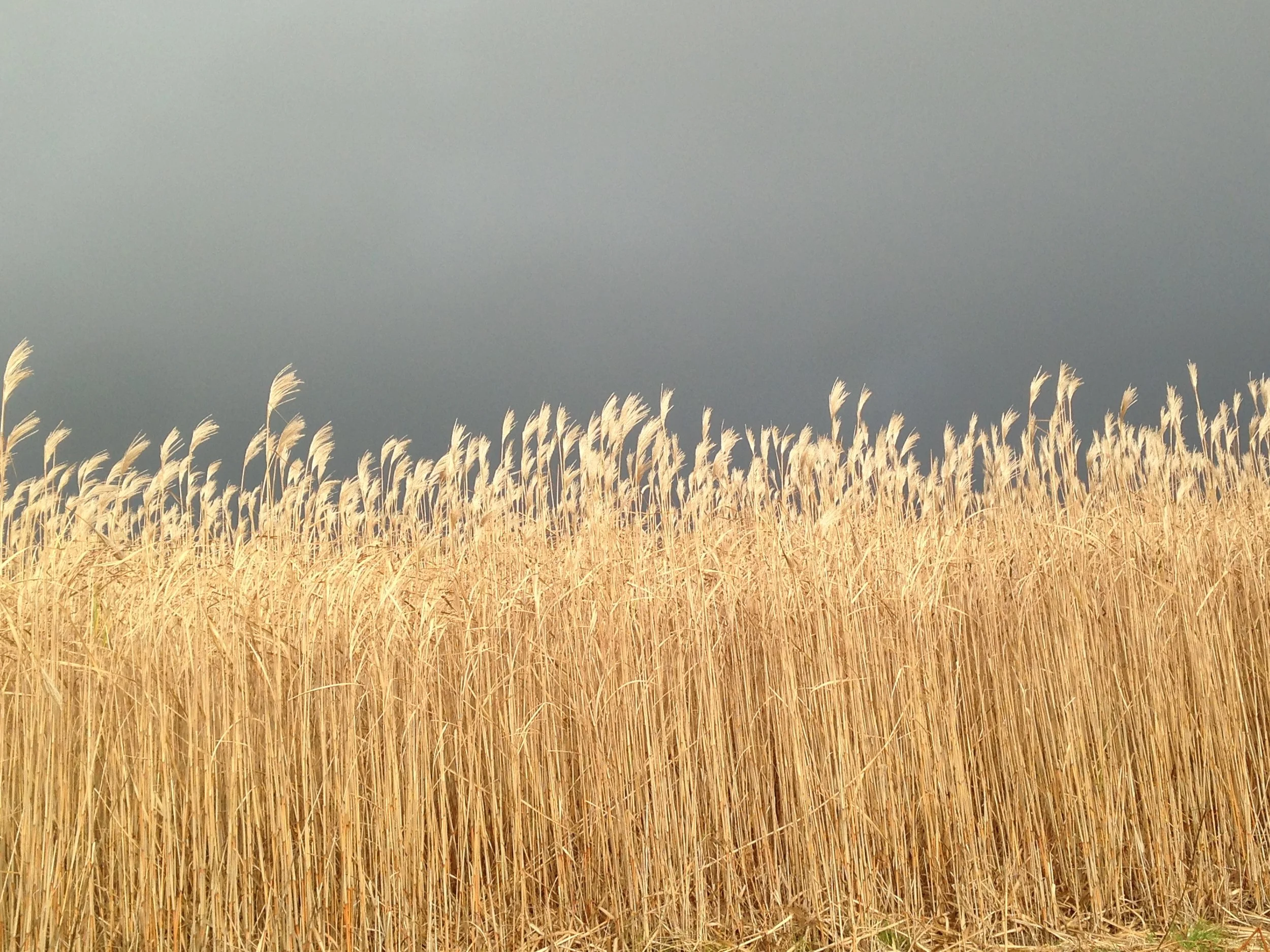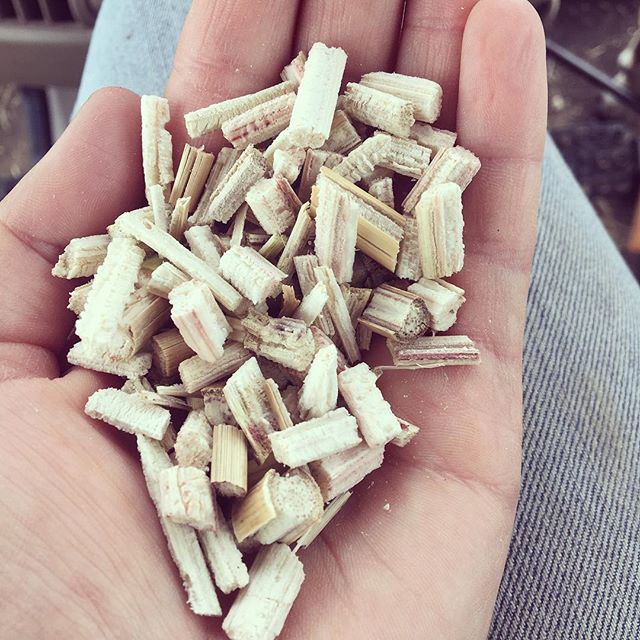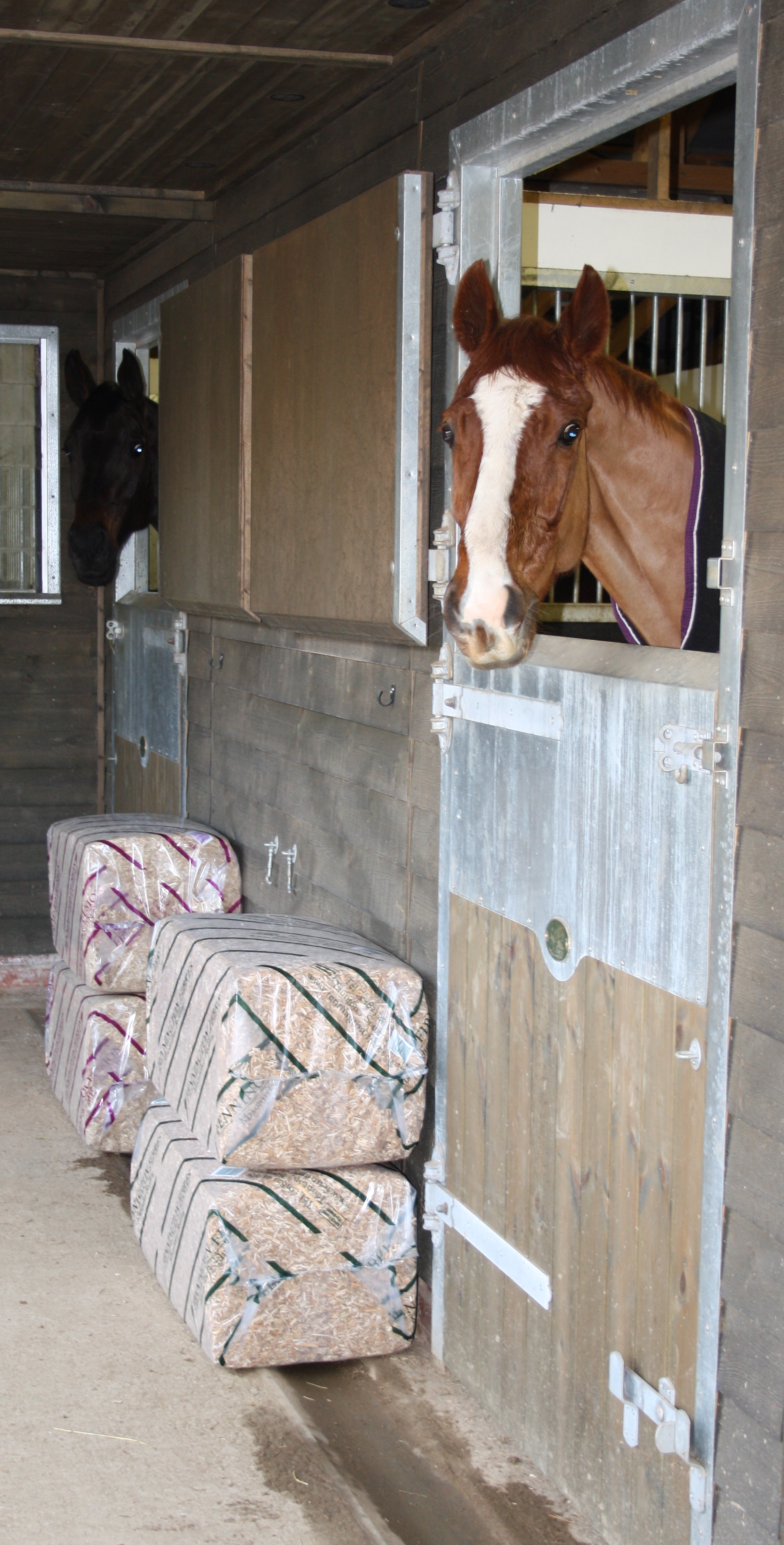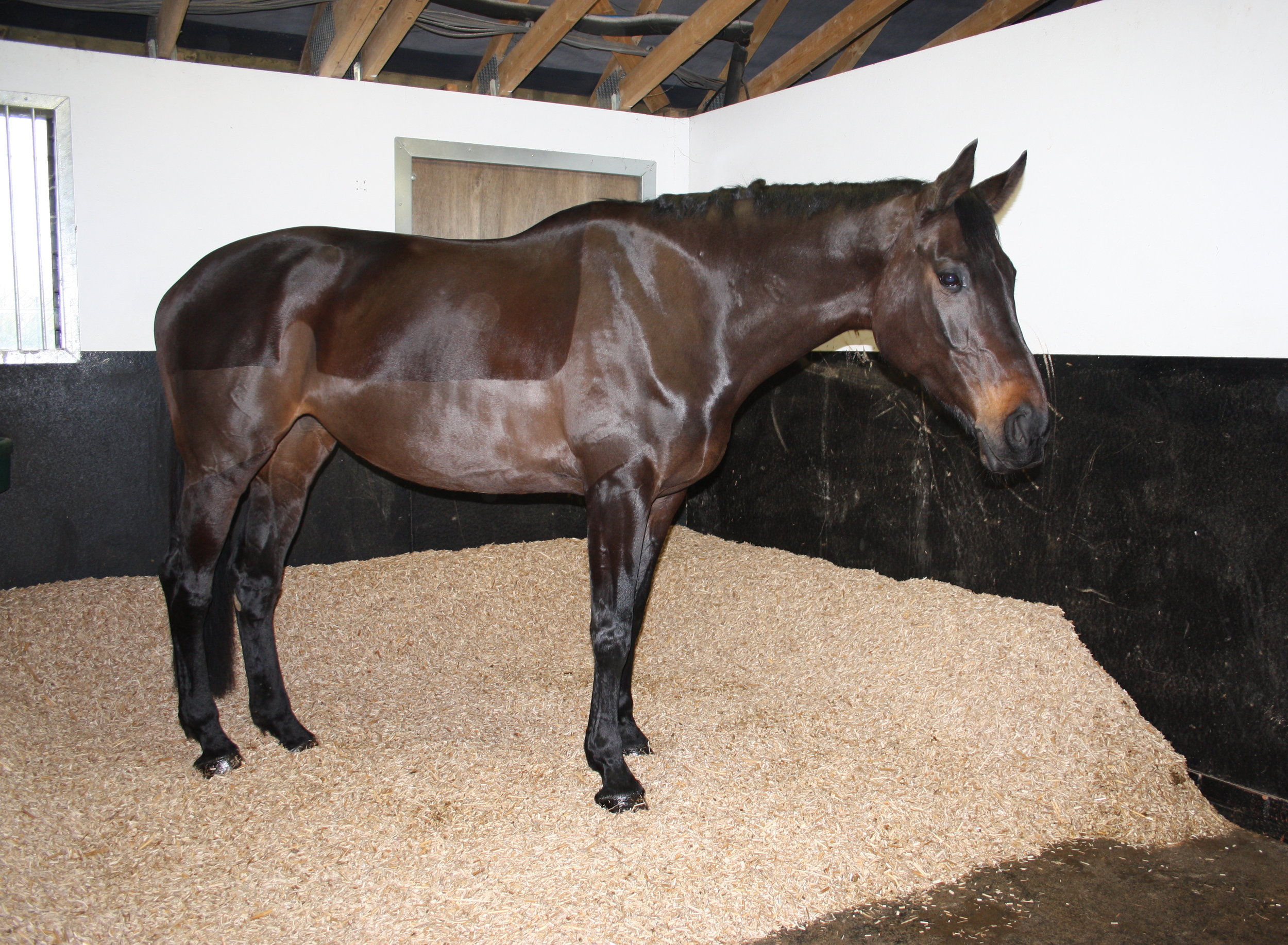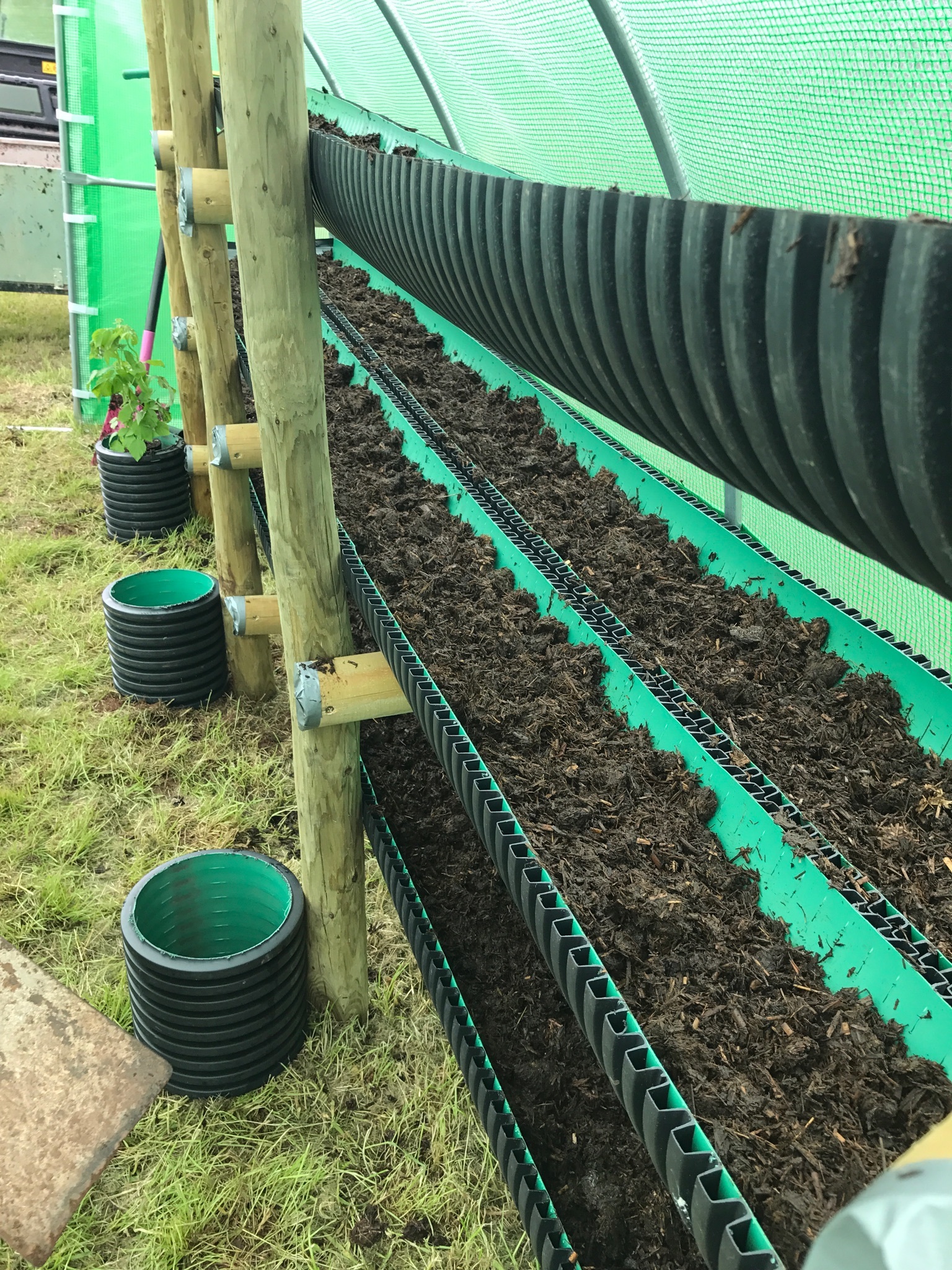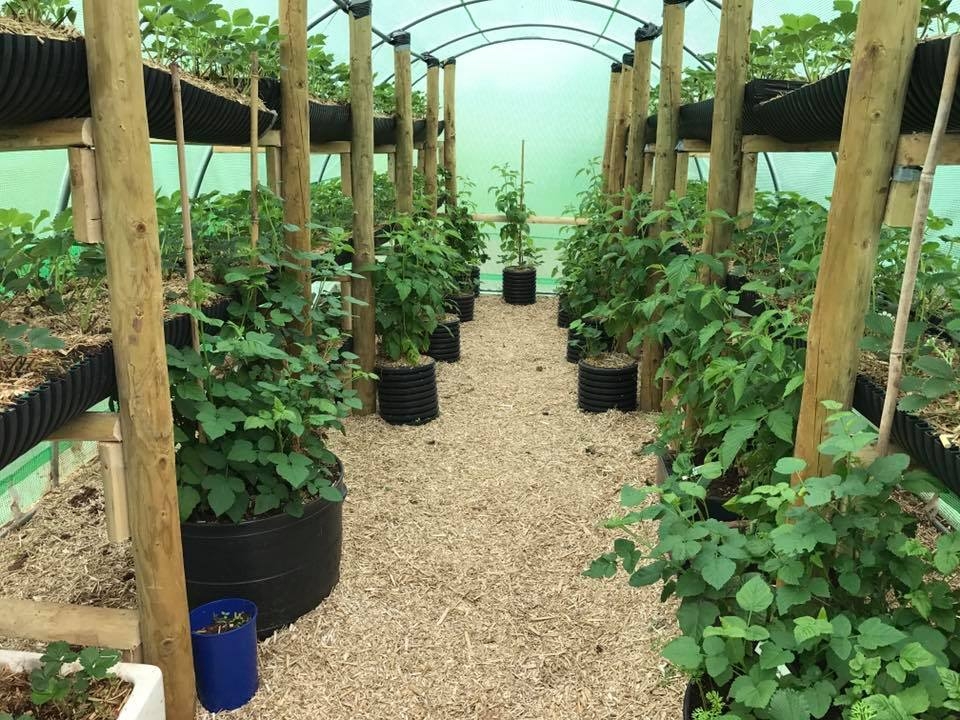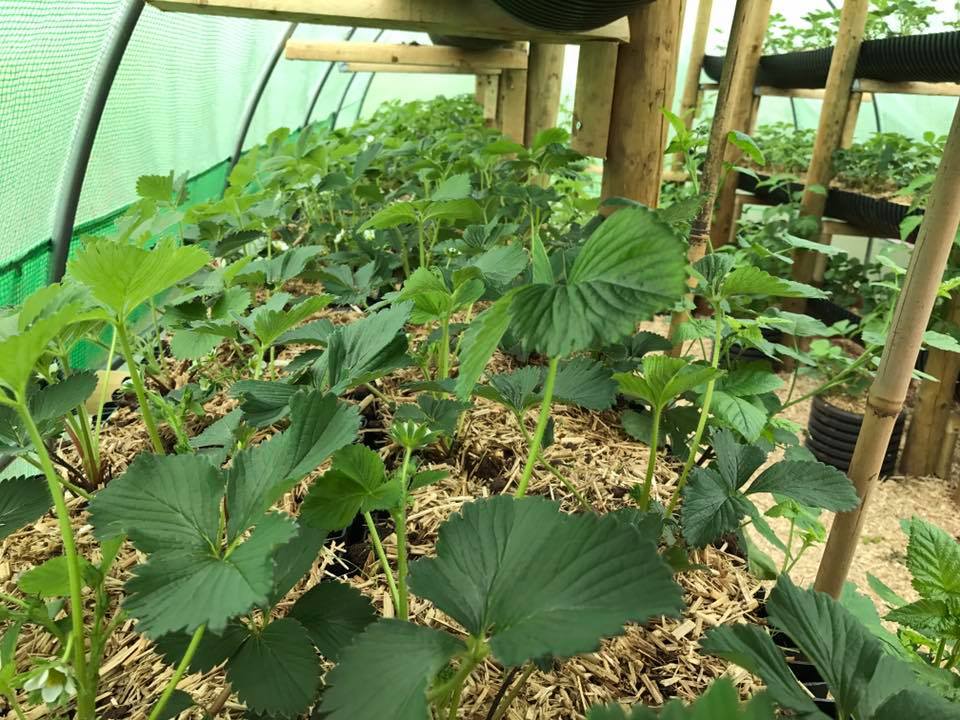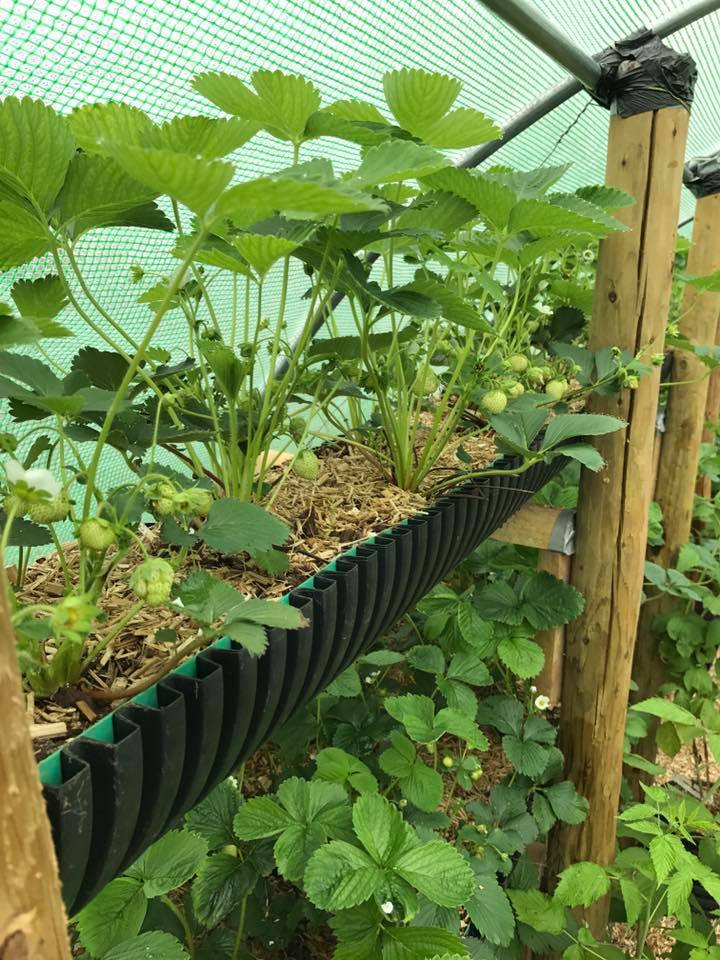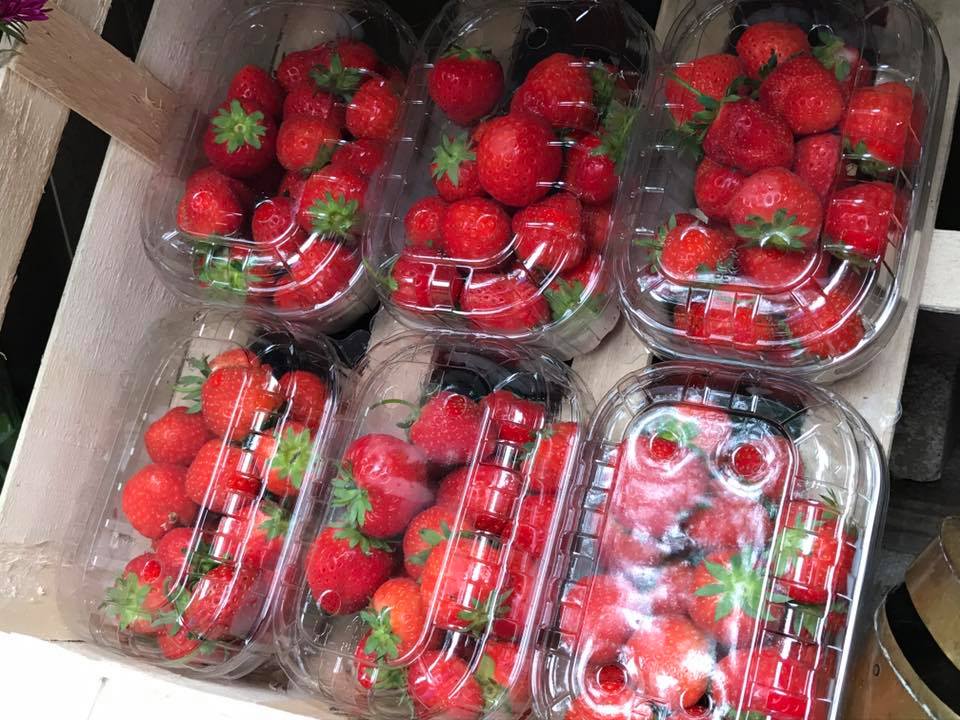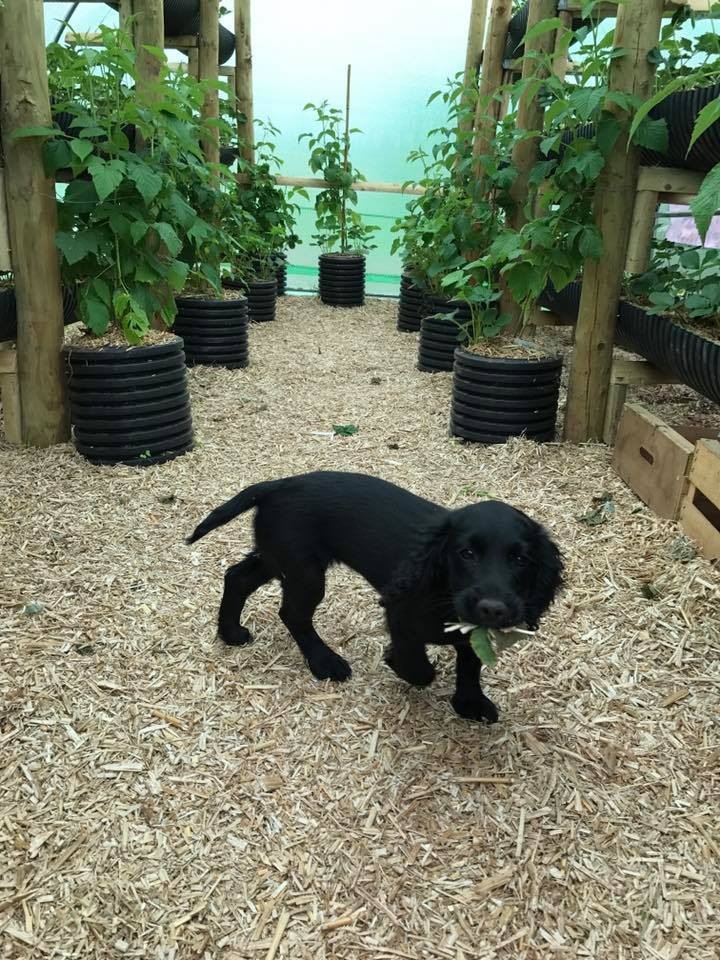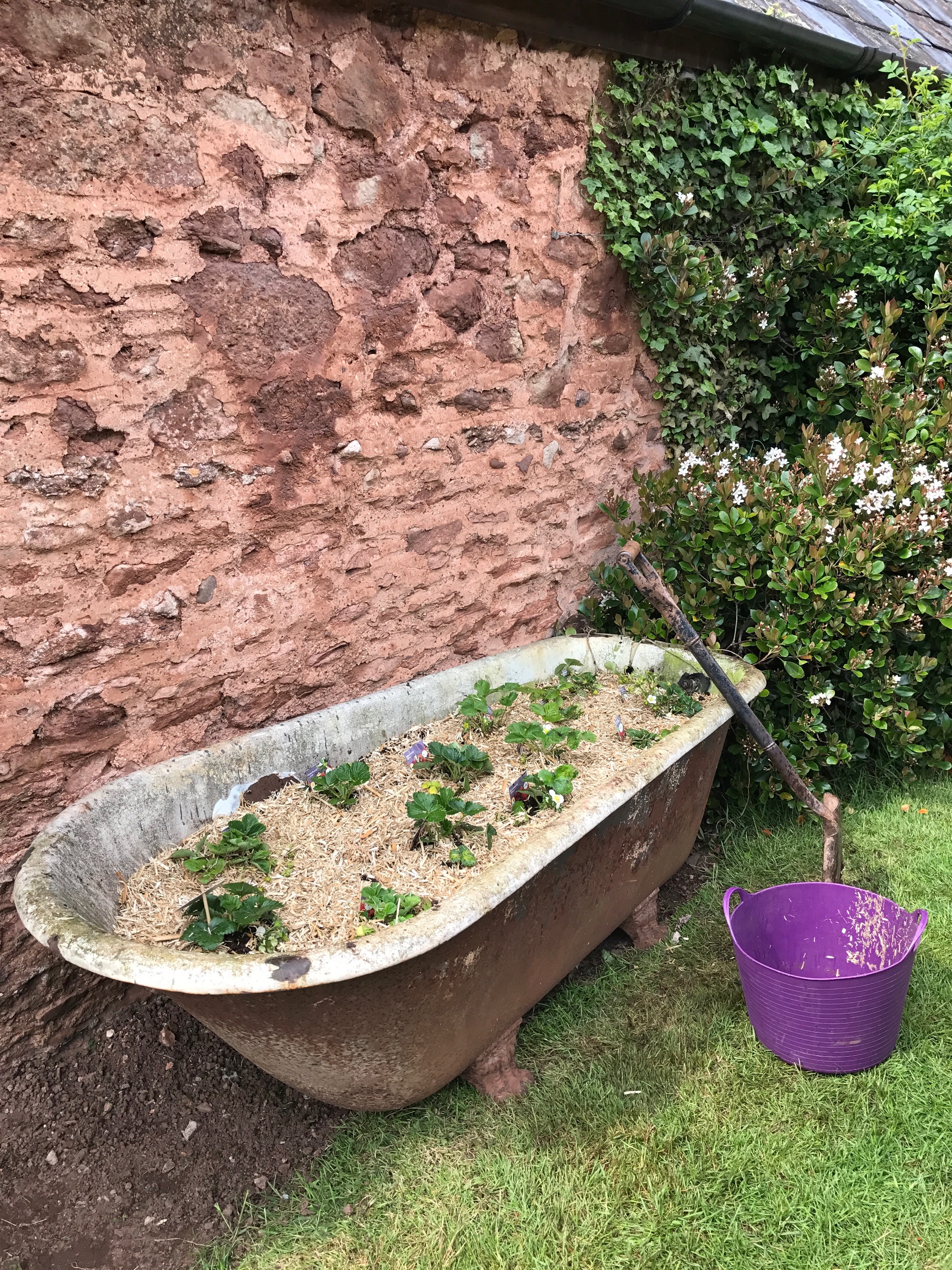Miscanthus - The high yielding energy crop
Miscanthus at its driest state.
A chopped sample of our miscanthus.
miscanthus
Miscanthus also known as 'Elephant Grass' is a perennial crop that can grow to heights of 3m and originated from SE Asia and was imported to Europe as an ornamental plant. Miscanthus is a woody rhizomatous C4 grass species that resembles bamboo in physical structure. It has an annual growing cycle and is harvested once a year at its driest state in April/May. Miscanthus is a 'hands-off' crop that after initial planting it does not require replanting or any fertilisers, chemicals or soil cultivation making it organic. Miscanthus has a rapid growth, high yield and low mineral content making it a brilliant product for both biomass and horse bedding. As a C4 plant it shows higher irradiation conversion efficiency than C3 plants (e.g. Wheat) and has a more efficient use of nitrogen and water.
Miscanthus in its flowering stage.
Miscanthus during its growth stages.
miscanthus as animal bedding
Miscanthus acts as a superior bedding for animals including horses, poultry, cattle and pets. The spongy inner core of the miscanthus stem is a highly absorbent, biodegradable and hygienic, compared to other traditional bedding products.
The natural biodegradable properties of miscanthus provides mineral nutrients for the soil as well as the neutral pH does not acidify the soil unlike other mulches. This is a very positive aspect of our bedding for the positive use of muck heaps back to the ground, unlike nitrogen locking shaving muck heaps.
composting of miscanthus
Once miscanthus is left to breakdown on a muck or compost heap you will be left with a rich, light compost. Due due to biodegradability of miscanthus this process happens quickly and is aided by horse manure.
An example of how one customer uses their miscanthus compost:

